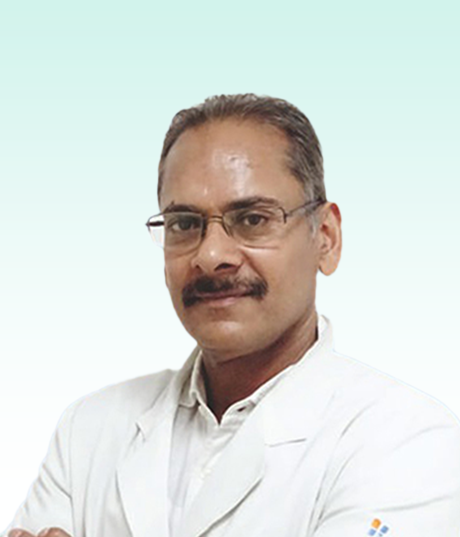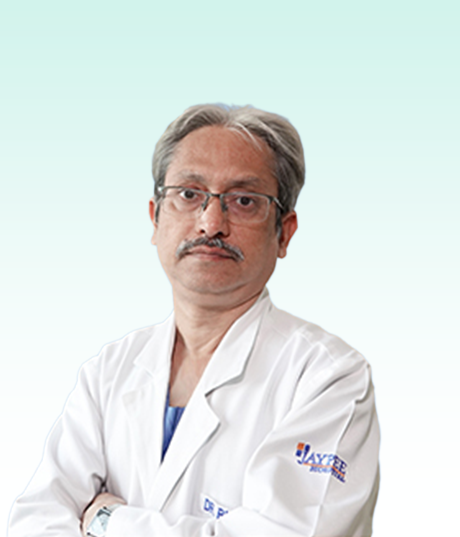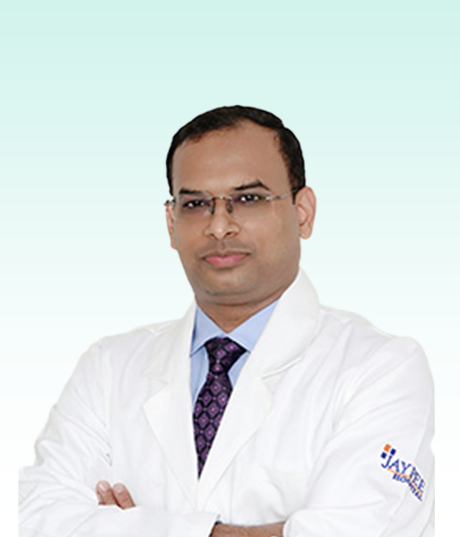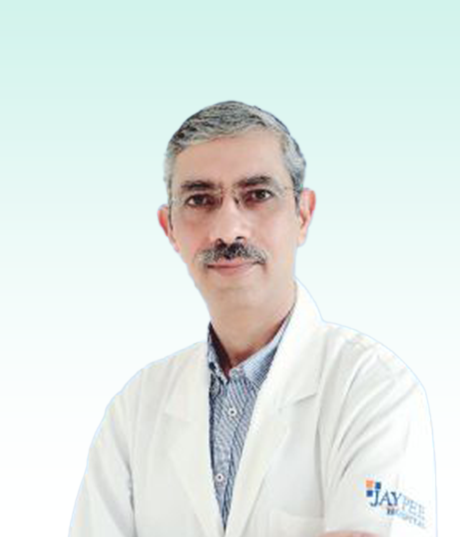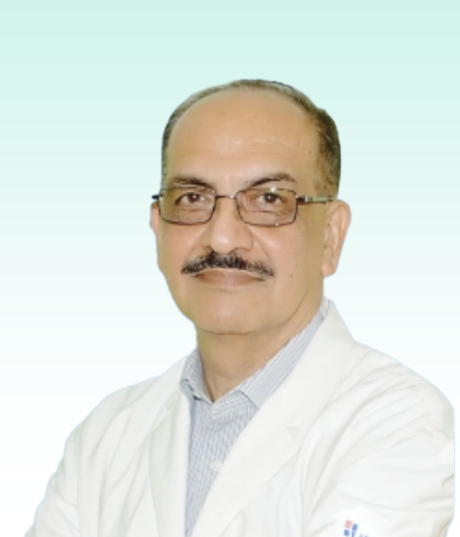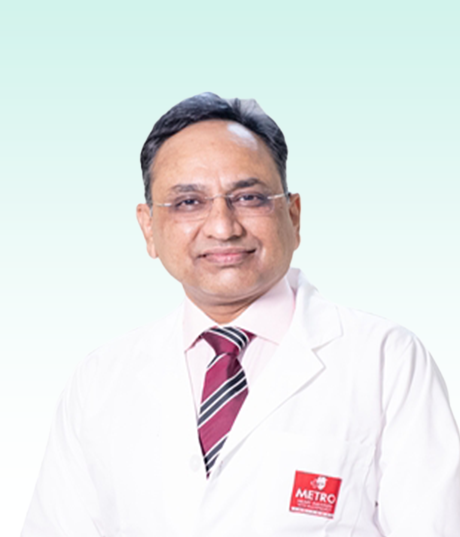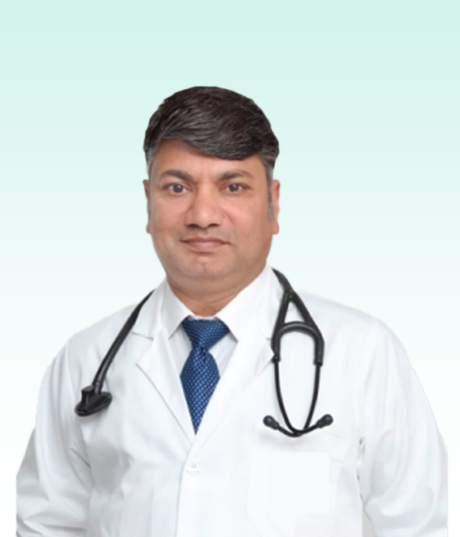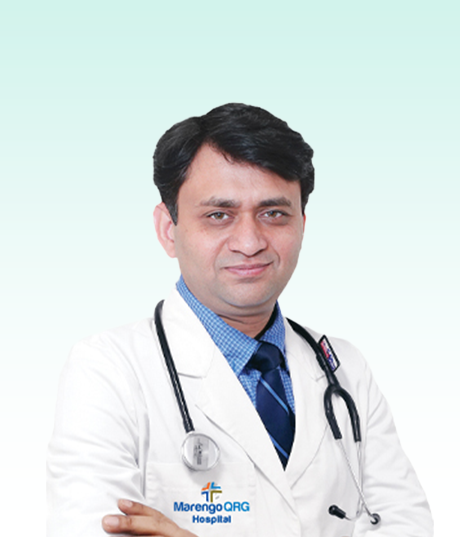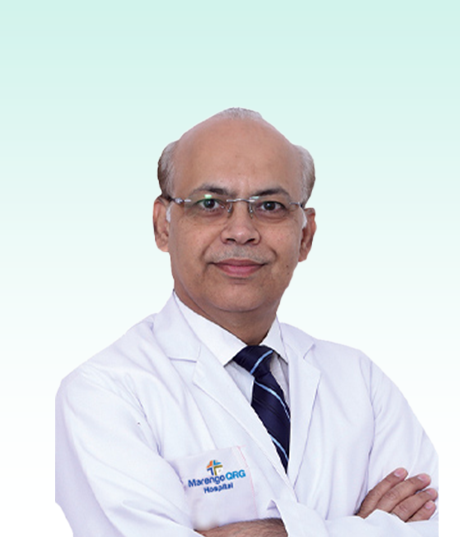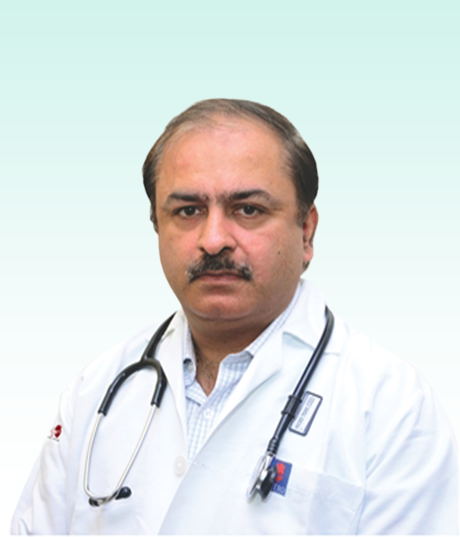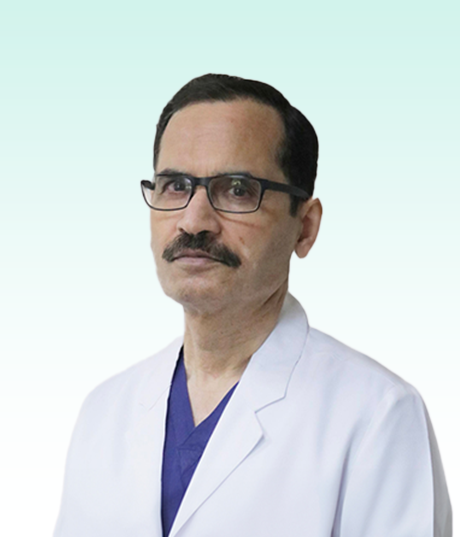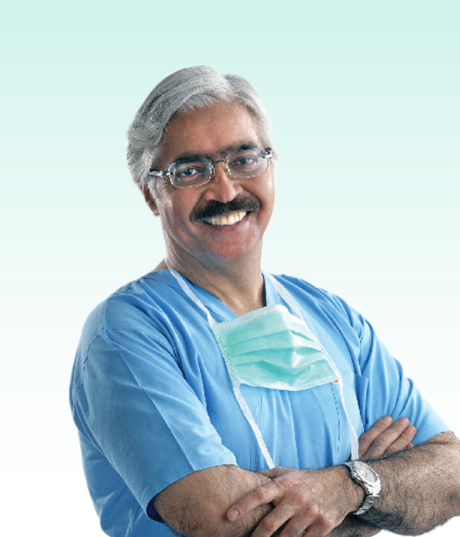AICD Implantation
Our heart is a very delicate organ. Keeping it healthy is important. AICD is one way to do it. An Automatic Implantable Cardioverter Defibrillator (AICD) is a medical device implanted in individuals at high risk of life-threatening cardiac arrhythmias. It continuously monitors heart rhythms and automatically delivers shocks or pacing to correct abnormal heartbeats, particularly in patients with severe heart disease, a history of sudden cardiac arrest, or genetic conditions predisposing them to arrhythmias. The implantation involves placing the device under the skin in the upper chest and connecting it to the heart with leads, providing a life-saving intervention for preventing sudden cardiac death.

Who Needs AICD Implantation
An Automatic Implantable Cardioverter Defibrillator (AICD) is recommended for individuals at high risk of life-threatening cardiac arrhythmias. These include:
- Patients with a History of Sudden Cardiac Arrest: Those who have survived a sudden cardiac arrest due to ventricular fibrillation or ventricular tachycardia.
- Patients with Severe Heart Disease: Individuals with a significantly weakened heart muscle (heart failure or cardiomyopathy) who are at increased risk for sudden cardiac death.
- Patients with Genetic Conditions: Those with inherited conditions such as Long QT Syndrome, Brugada Syndrome, or hypertrophic cardiomyopathy, which predispose them to dangerous arrhythmias.
- Patients with Prior Myocardial Infarction: Individuals who have experienced a heart attack and have reduced heart function (ejection fraction less than 35%)
When to See a Specialist
You should consult a cardiologist, especially an electrophysiologist (a heart rhythm specialist)
Procedure
- Preparation: You may need to fast for several hours before the procedure, and medications might be adjusted.
- Anesthesia: The procedure is usually performed under local anesthesia with sedation, but general anesthesia may be used in some cases.
- Incision and Lead Placement: A small incision is made near the collarbone. Leads (wires) are inserted through a vein and guided to the heart, where they are attached to the heart muscle.
- Device Placement: The AICD device, which is about the size of a pocket watch, is placed under the skin in the upper chest and connected to the leads.
- Testing: The device is tested to ensure it can correctly detect and treat arrhythmias. The incision is then closed with sutures.
Recovery
- Hospital Stay: Most patients stay in the hospital for 1-2 days for monitoring.
- Activity: Strenuous activity and heavy lifting should be avoided for several weeks. Normal daily activities can usually be resumed within a few days.
- Wound Care: Keep the incision site clean and dry. Follow your doctor’s instructions for wound care.
- Follow-Up: Regular follow-up appointments are essential to monitor the device’s function and adjust settings if necessary.
Risks
While AICD implantation is generally safe, there are potential risks, including:
- Infection at the site of the incision.
- Bleeding or bruising.
- Damage to blood vessels or the heart from the leads.
- Lead displacement.
Allergic reactions to anesthesia or contrast dye used during the procedure. - Device malfunction or inappropriate shocks.
Benefits of AICD Implantation
- Prevention of Sudden Cardiac Death: The primary benefit is the prevention of sudden cardiac death due to life-threatening arrhythmias.
- Automatic Detection and Treatment: The device continuously monitors heart rhythm and delivers shocks or pacing to restore normal rhythm if an arrhythmia occurs.
- Peace of Mind: Knowing that you have protection against sudden cardiac death can improve quality of life.
- Improved Survival Rates: For those at high risk, an AICD significantly improves survival rates compared to medication alone.
Frequently Asked Questions
1. How long does the procedure take?
The procedure typically takes between 1 to 3 hours.
2. Is the procedure painful?
You may experience discomfort during the procedure and mild pain at the incision site afterward. Pain is usually well-managed with medications.
3. How long does the AICD last?
The battery of the device typically lasts 5 to 7 years, after which the device needs to be replaced.
4. Can I resume normal activities after implantation?
Yes, but you should avoid strenuous activities and heavy lifting for several weeks. Your doctor will provide specific guidelines based on your condition.
5. Will I feel the shocks?
If the device delivers a shock, it may feel like a sudden jolt or thump in the chest. Some people describe it as uncomfortable but not necessarily painful.
Treatment Plans
- Trauma & intensive care $59
- Aged Care $29
- Community Services $25
- Diagnosis & Investigation $48
- Medical & Surgical $82
- Mental Health $74
- Rehabitation $24
- Specialised Support Service $19
- Trauma & intensive care $59
- Aged Care $29
- Community Services $25
- Diagnosis & Investigation $48
- Medical & Surgical $82
- Mental Health $74
- Rehabitation $24
- Specialised Support Service $19
Treatians As The Best Choice
Treatians understand that seeking medical treatment abroad can be a daunting experience for patients and their families. That’s why the company offers end-to-end support to its clients, from the initial consultation to post-treatment care. The company provides personalized treatment plans that are tailored to meet the individual needs of each patient, and its team of dedicated professionals is always on hand to provide guidance and support throughout the entire process. Contact us at +91- 7982312582, drop your email [email protected]
- Trauma & intensive care
- Aged Care
- Community Services
- Diagnosis & Investigation
- Medical & Surgical
- Mental Health
- Rehabitation
- Specialised Support Service











